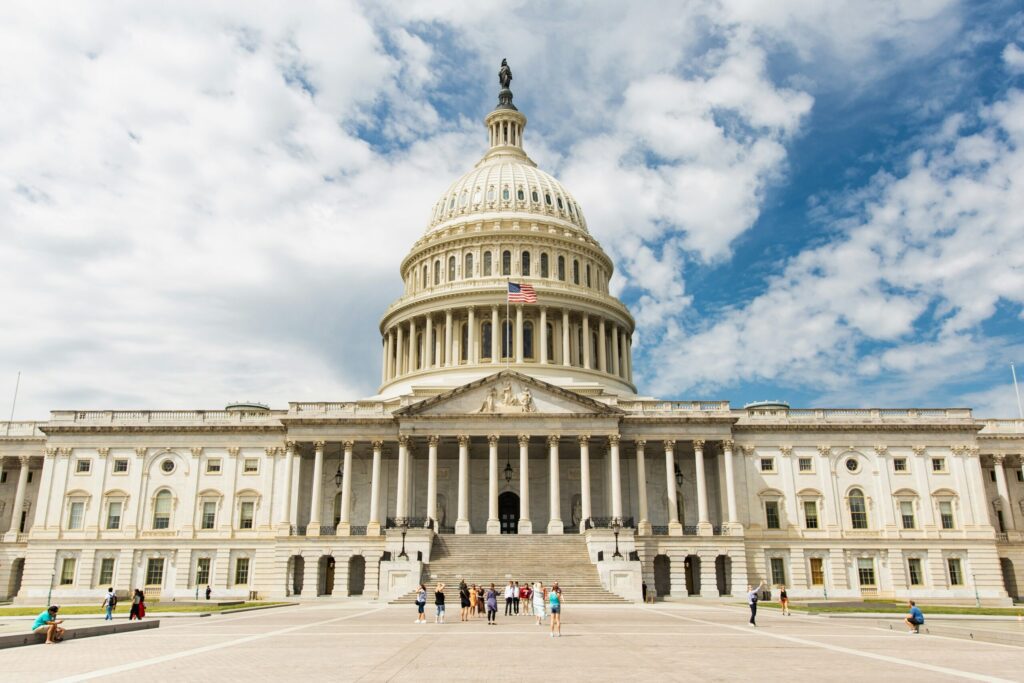A recent study published in Science highlights significant disparities in the scientific evidence cited by Democratic and Republican congressional committees and think tanks. From 1995 to 2021, both parties increased their use of scientific publications in policy documents, but Democrats were more likely to reference research than Republicans.
The study found that Democratic-controlled committees cited science 1.8 times more than their Republican counterparts, while left-leaning think tanks cited science five times more than right-leaning ones. Importantly, there was little overlap in the papers cited by the two parties—only 5% to 6% were common between them—indicating varying beliefs and agendas in how science is incorporated into policymaking.
The findings also reveal a decline in public trust in scientists, particularly among Republicans, highlighting a growing polarization around science. Surveys indicated that 44% of Democratic elites fully trust scientists, compared to only 10% of Republicans.
The researchers utilized extensive databases to analyze 641,894 documents across 23 scientific fields and 17 policy topics, suggesting that Democratic committees and left-leaning think tanks tend to rely on higher-quality, peer-reviewed research. The low level of shared citations raises concerns about the parties’ ability to agree on facts, complicating efforts for bipartisan cooperation.
Future research is suggested in areas where state-level policymaking is influenced by similar dynamics, while journalists are encouraged to scrutinize the use of science in political documents to prevent it from being weaponized for ideological ends.



